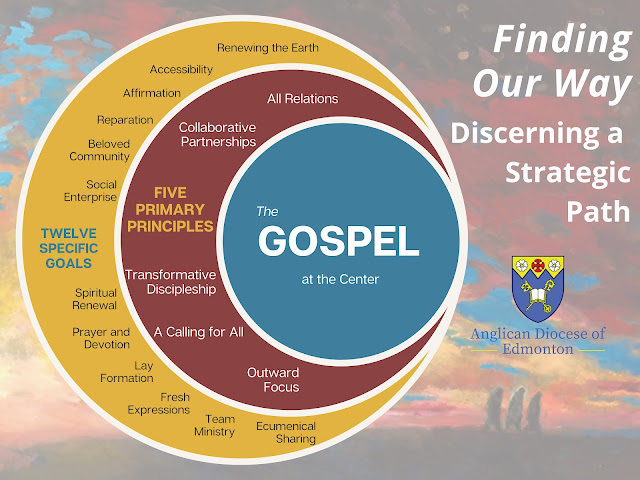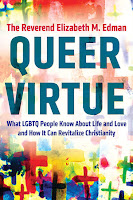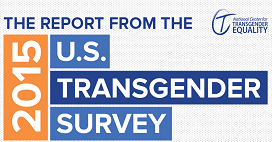
On January 24, 2023, an article titled Cardinal McElroy on ‘radical inclusion’ for L.G.B.T. people, women and others in the Catholic Church, written by Cardinal Robert W. McElroy, was posted at America Magazine. I am sharing some key quotes from that article here, along with the link, for two reasons:
- Cardinal McElroy speaks frankly about the topic of radical inclusion in regard to the Roman Catholic Church, including references to patterns of racism or how church marginalizes victims of clergy sexual abuse.
- The quotes and surrounding text resonate with some of the themes that are a key part of my thinking these days, particularly related to strategically inclusive leadership.
The five quotes and some brief comments by me (I encourage you to read the six-page article to get the full context):
Quote 1:
“Many of these challenges arise from the reality that a church that is calling all women and men to find a home in the Catholic community contains structures and cultures of exclusion that alienate all too many from the church or make their journey in the Catholic faith tremendously burdensome.”
- My comment: That’s a pretty bold statement for a Cardinal to make in the second paragraph of this article. Read on for more…
Quote 2:
“A culture of synodality is the most promising pathway available today to lead us out of this polarization in our church. Such a culture can help to relativize these divisions and ideological prisms by emphasizing the call of God to seek first and foremost the pathway that we are being called to in unity and grace. A synodal culture demands listening, a listening that seeks not to convince but to understand the experiences and values of others that have led them to this moment. A synodal culture of true encounter demands that we see in our sisters and brothers common pilgrims on the journey of life, not opponents. We must move from Babel to Pentecost.”
- It seems so common sense to me to see others as comrades in the journey, but somehow it isn’t obvious for everyone. Or we decide that certain people are not our brothers and sisters but are instead children of the devil, so that we can be justified in casting them out, oppressing them, treating them as enemies….
















